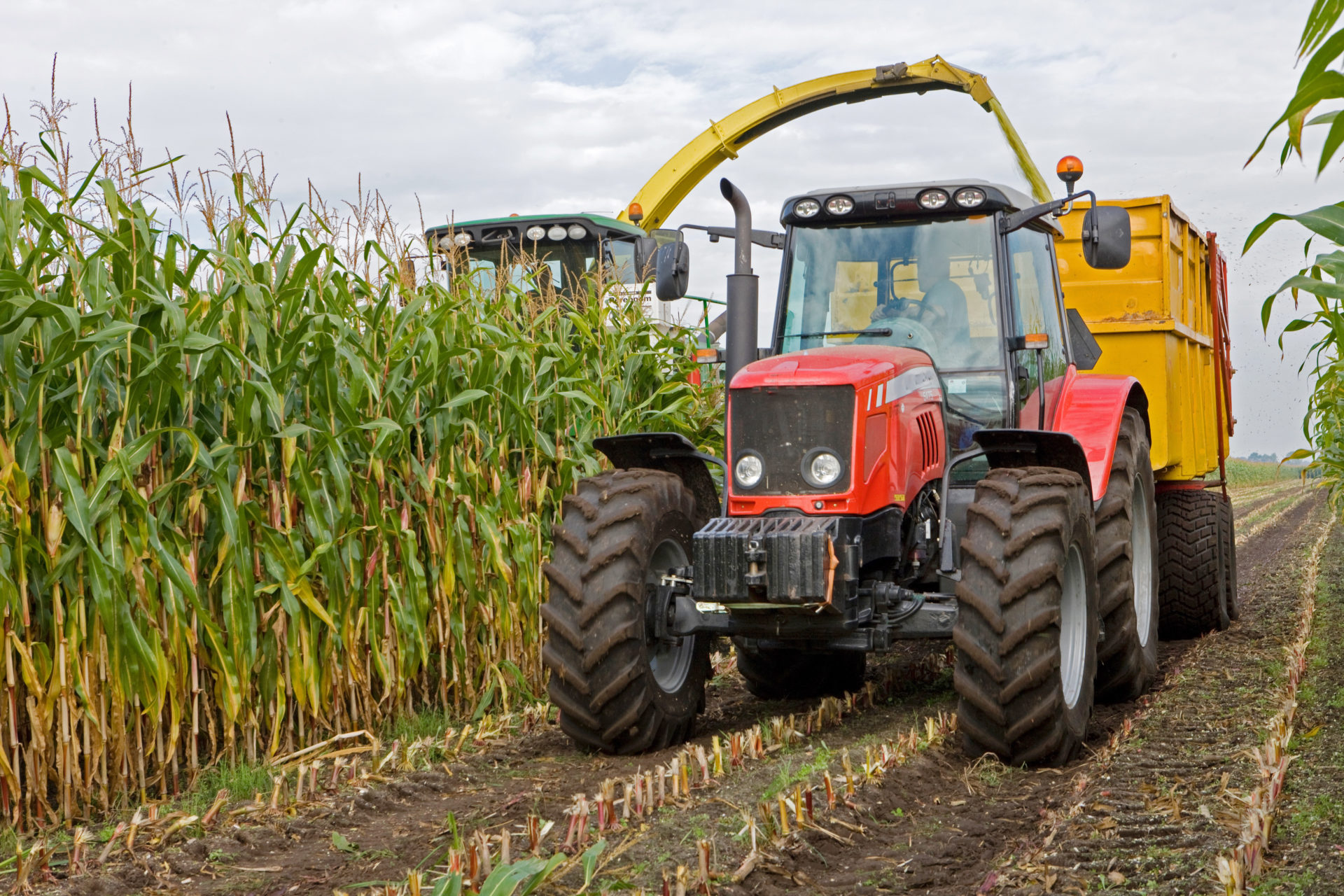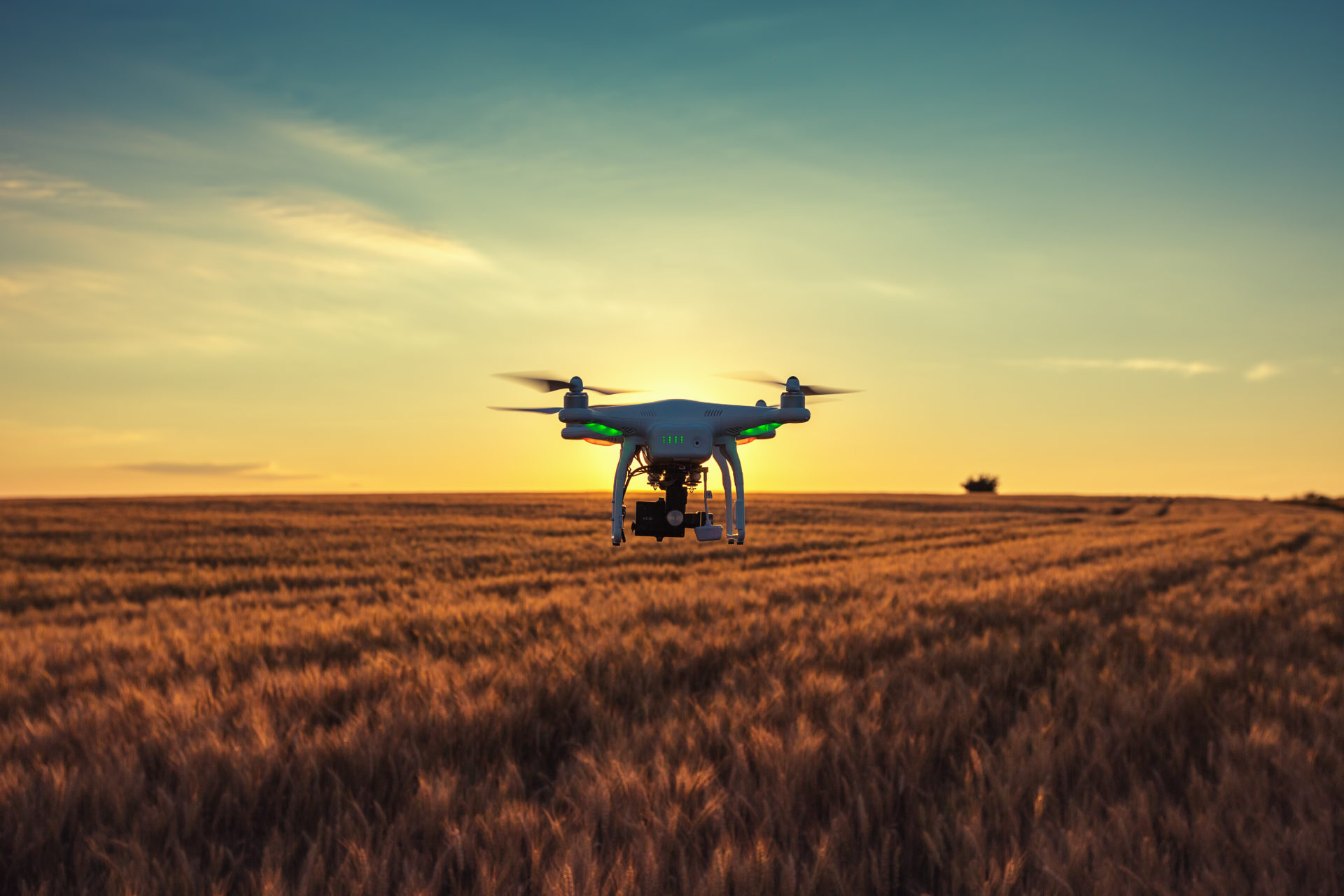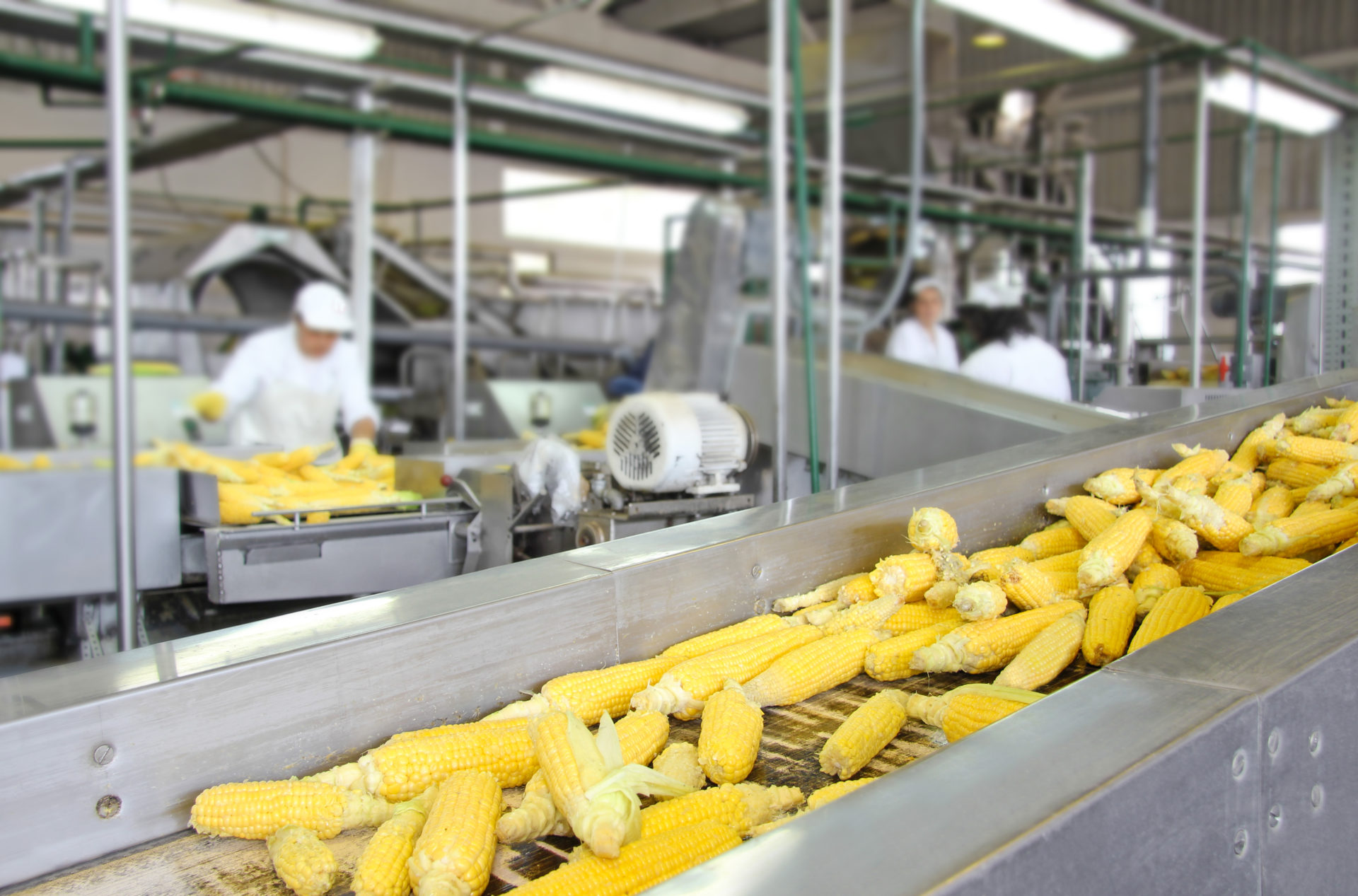How Technology Will Influence The Farms Of The Future
New ideas are always being pushed forward and it's therefore an exciting time for anyone involved in the agricultural industry. However, like all new advances in technology, there are potential drawbacks. High costs, the necessary time to learn and the risk of unemployment through automation are all potential worries. With the now ever-changing world of agriculture, what might the farms of the future look like?
Smarter vehicles
Where would we be without our trusty tractors? They can cut hay, remove debris from the dirt and transport and spread fertiliser. Yet despite their multitude of uses, they still require manual handling, as well as monitoring and maintenance.
However, new technology is changing this, and it may be closer than you think. Newer tractors can already be installed with guidance systems and auto steering, but fully autonomous farm vehicles have already been shown to provide numerous benefits.
While they have yet to see mass adoption, autonomous systems have been shown to improve accuracy and can even be remotely controlled either by desktop or mobile. High costs are still preventing many farmers from adopting the technology though, as well as the worries of potential accidents. In time though, our tractors could be controlled from the comfort of our own home.

Telematics
Even if you own a small farm, keeping an eye on everything at once is impossible. Well, with a telematics system, it doesn’t have to be.
While earlier systems could only give the location of some equipment such as vehicles, advances in technology have meant newer telematic systems are able to create digital maps of your farm. These maps are then also able to show the location of your crops and how much has been harvested, as well as the location and condition of livestock.
In terms of vehicles, newer telematic systems have shown they are able to give diagnostic reports, meaning tractors and other machinery can be repaired easily and as necessary.
Drones

Drones have become popular even outside of the business world, but their wide applications have now even been incorporated into the agriculture industry.
Much like telematic systems, drones have the ability to monitor crops and livestock remotely, but there are added benefits too.
One of these is crop dusting, in which a drone can simply be flown over the desired crops to protect them from pests. This can normally be a long drawn out process, yet with drones, the application can be done quickly, with estimates stating the process becomes 40-60 times faster.
While drones are slowly being incorporated into the industry, its usage is only set to rise. According to Global Markets Insight Inc, the agricultural drone market will be valued at $1 billion by 2024.
A risk of unemployment?

Like all other industries though, the agricultural industry cannot escape the growing worries that new technology poses to those in employment.
It cannot be denied that as labour saving machines are introduced, there comes with a need for fewer workers to produce the same output. At its most extreme, farms could even be fully autonomous save for the odd supervisory job, as seen in Japan back in 2016.
Yet the belief that everyone in the industry will end up without a job is not completely true. Like many other industries, new technologies are constantly creating new jobs, and this applies to farming too. There will also be a need for more designers, mechanics and engineers for this new technology after all.
But not everyone can so easily learn these new skills and adapt. People entering the profession or are only in their first few years of employment likely still have time to learn and adjust, but for people who have been farming all their life and perhaps looking to retire in the next 10 years or so, they might not have the time or money to change their ways.
Put simply, new technology may create the risk of unemployment for workers, but not if they can learn to work with it as it develops.
Want to protect your crops, livestock and vehicles without spending lots on new technology? Why not check out our range of strong and durable Clipex fence posts








